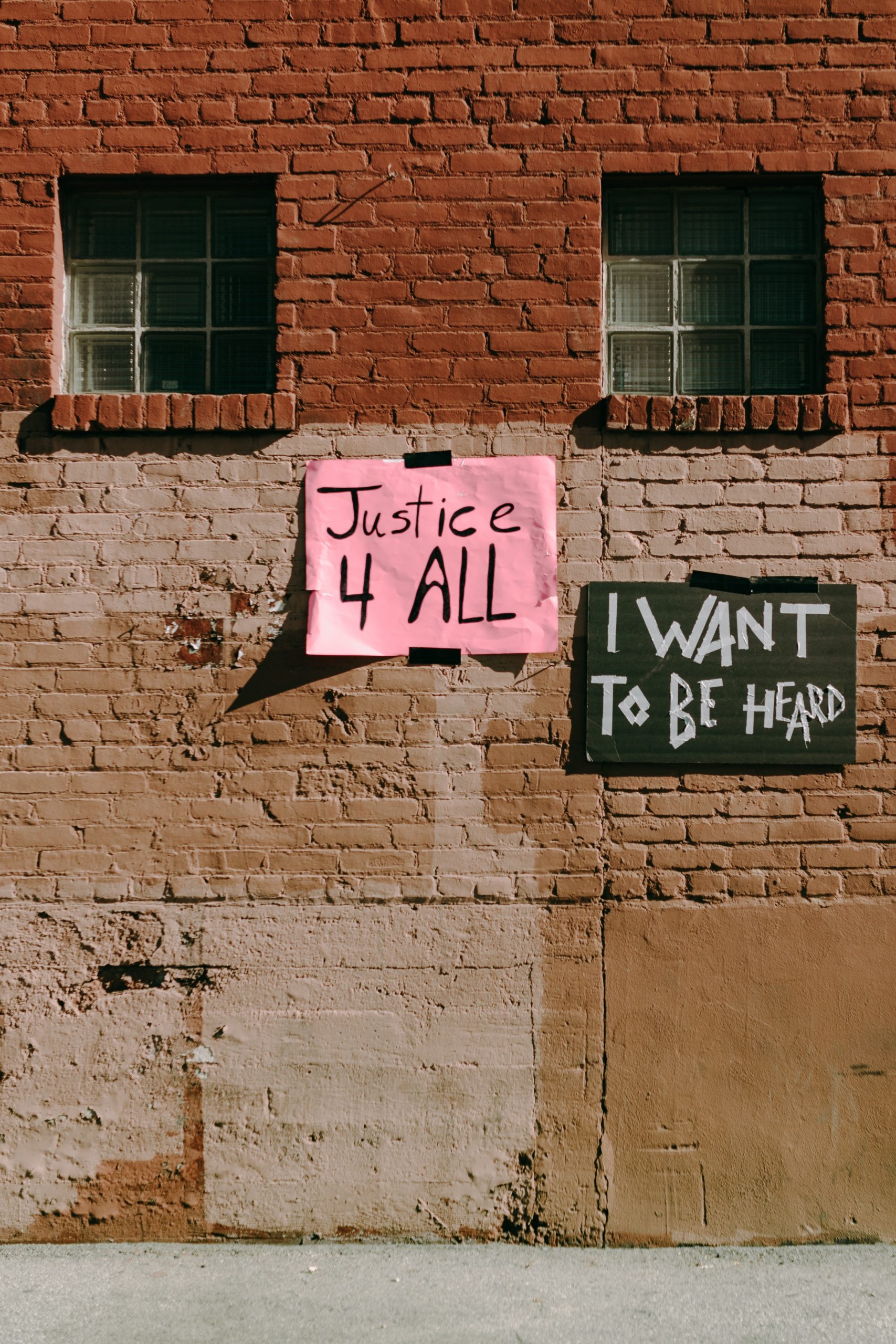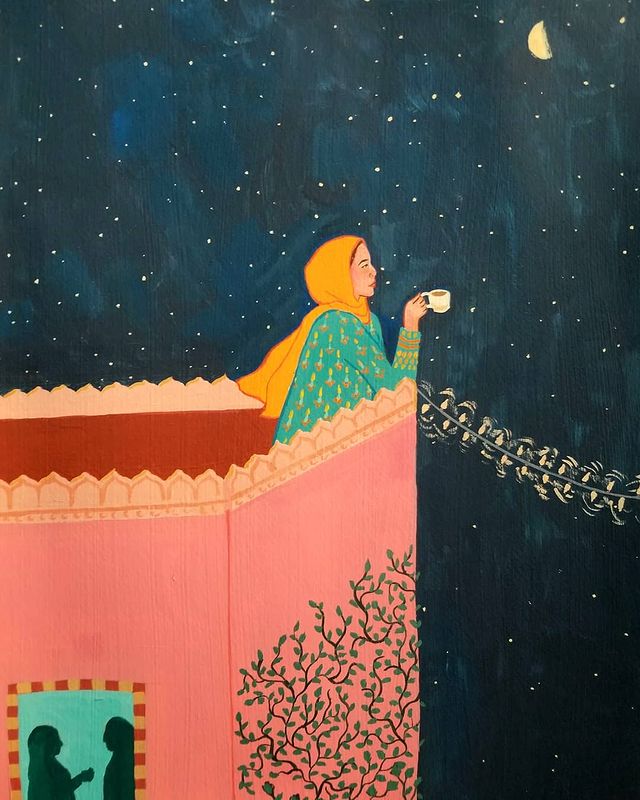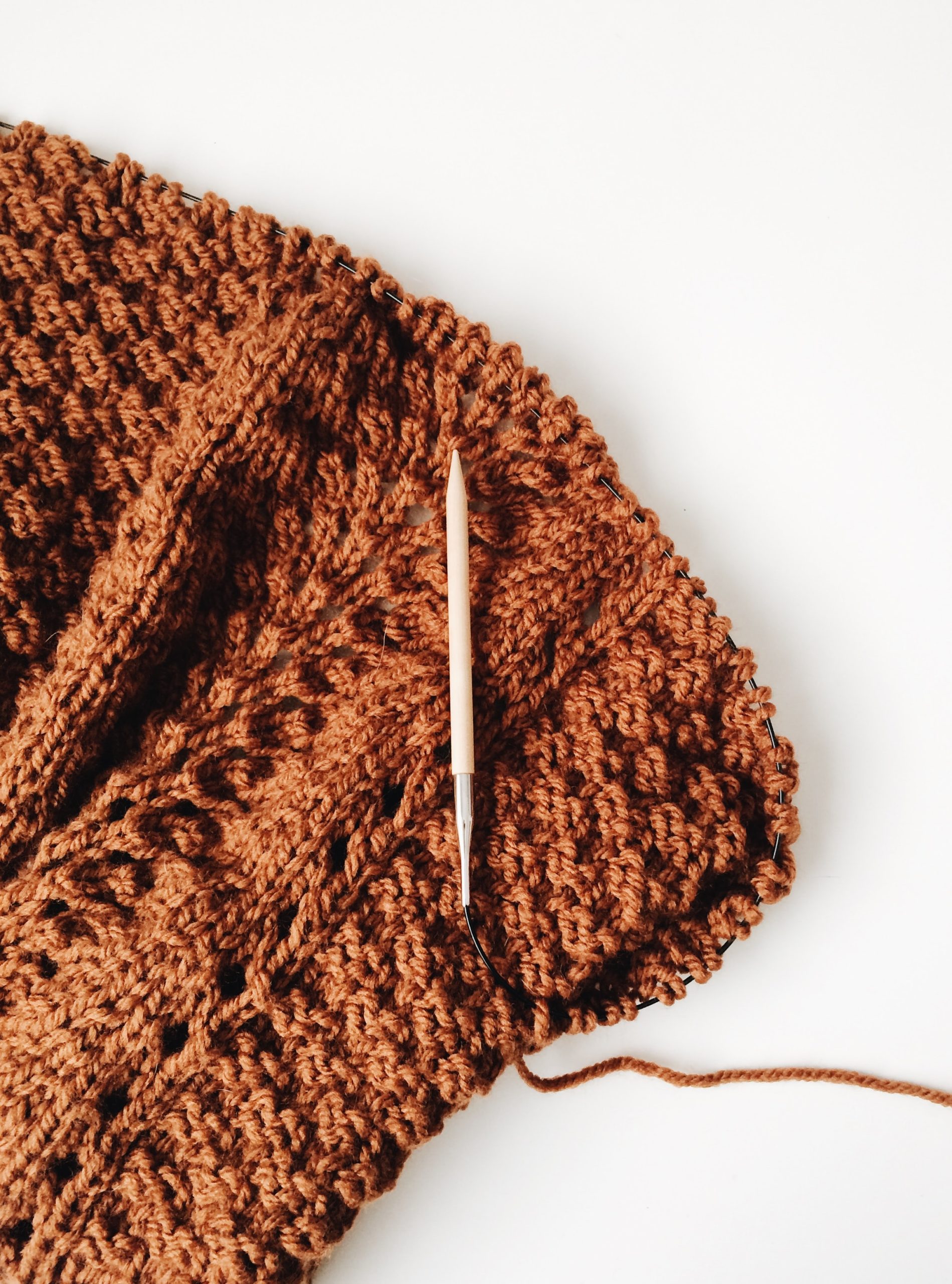In Muslim circles, it has been appalling to hear people assert that the concept of Mahr – which is a compulsory marital gift that a groom must give to a bride – makes women the object of a transactional marital relationship. In other words, the husband purchases the bride in exchange for sexual and domestic services as well as unconditional obedience to him. If this is not a deliberate distortion of the true spirit behind the Mahr to pander to misogynistic cultures, then I do not know what it is.










